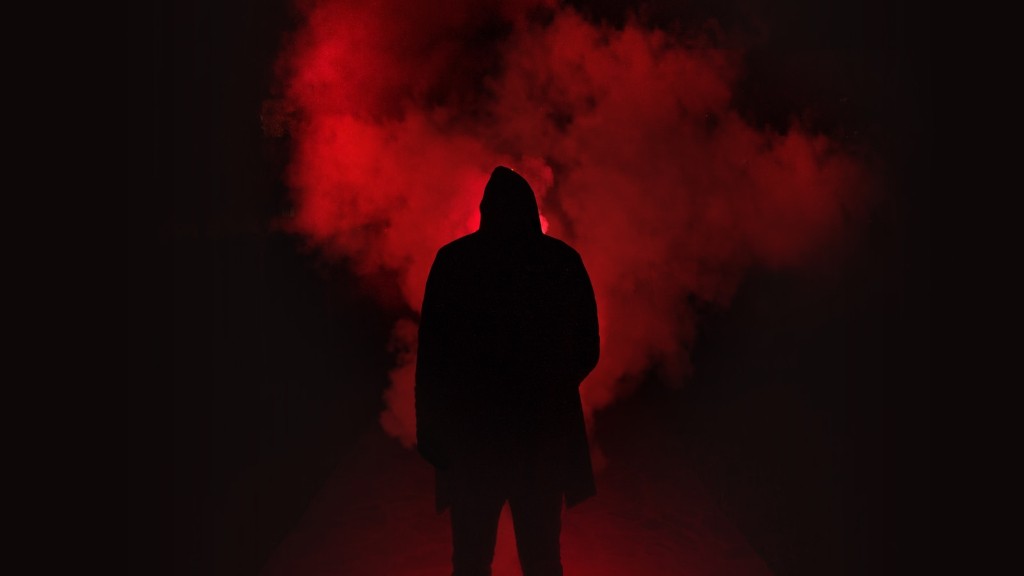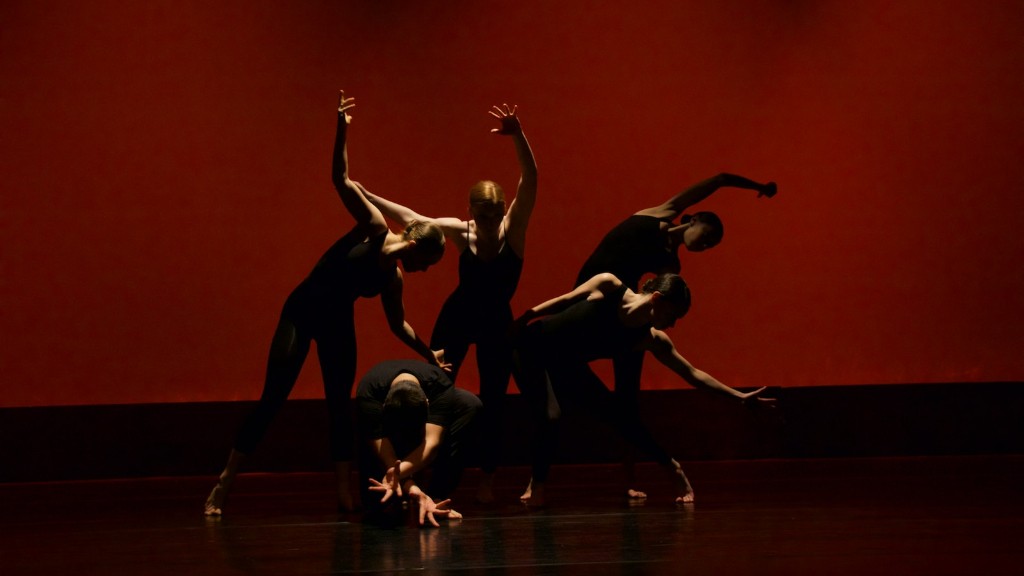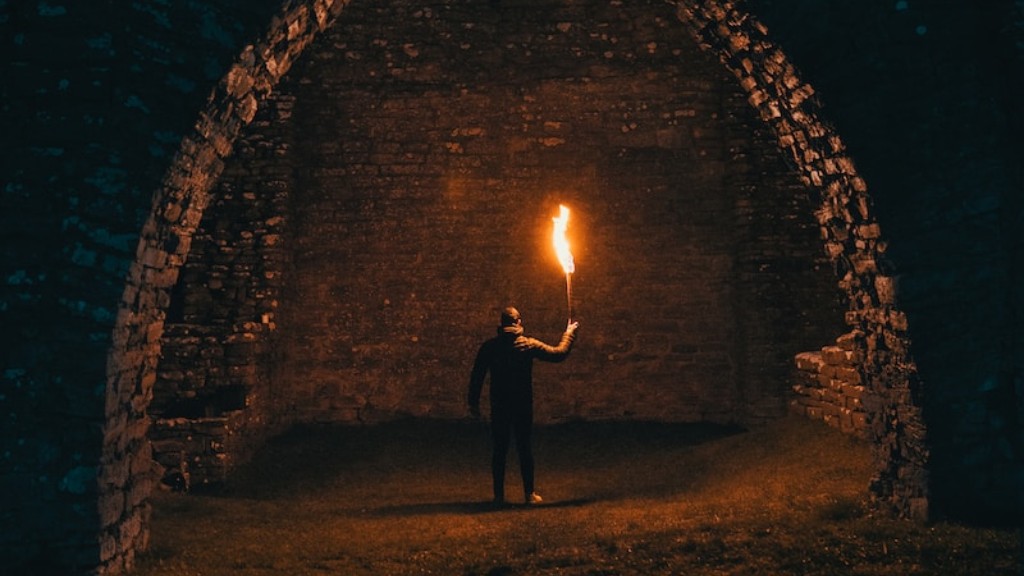Horror movies are designed to scare viewers, which often results in an adrenaline rush. When this happens, the body releases norepinephrine, a hormone that prepares the body for stressful situations. Norepinephrine heightens the senses and increases cardiac output. Additionally, the body releases cortisol, a steroid hormone that helps the body deal with stress. Cortisol suppresses immune system function and non-essential processes, like digestion. In small doses, this stress response can be beneficial, but too much cortisol can be damaging.
The brain releases a chemical called cortisol when we watch horror movies. This cortisol release has a number of different effects on the brain, including increasing our heart rate and blood pressure, making us more alert, and boosting our memory.
What happens in the brain when watching a scary movie?
It is clear that watching scary scenes has benefits for the brain. The release of adrenaline helps to improve reaction time, alertness, and concentration. Additionally, other advantages such as improved memory and decreased stress levels can be seen after watching a scary movie.
Horror fans are more psychologically resilient during the pandemic, with movies like Contagion serving as a sort of practice simulation for the real thing. This is according to a study published in January 2021 by Scrivner and colleagues. The findings suggest that horror fans may be better equipped to deal with stressful events like pandemics, as they have already “imagined” and processed such scenarios through their favorite films. This could be an important factor in helping people cope with the current pandemic, as well as future health crises.
Do horror movies increase dopamine
Horror entertainment can trigger the fight-or-flight response, which comes with a boost in adrenaline, endorphins, and dopamine. For viewers to enjoy watching horror movies, they must also be aware that they are in a safe environment.
The brain is constantly trying to make sense of the world around us and one way it does this is by simulating different scenarios. This can be helpful in understanding and preparing for potential threats but it can also lead to feelings of fear and anxiety. When watching a horror movie, the brain could be using the horrific situations on screen as a kind of covert simulation. This vicarious fear may help us to understand and cope with our own fears but it can also be a source of stress and anxiety.
Why is horror addicting?
Horror is addictive because it is exciting. The build-up and impact tends to be greater than any other genre and it responds much more to human nature than anything else. It’s fun to be scared, to push yourself, and to sometimes have something you are told you can’t have.
Your brain is hardwired to respond to fear in a way that helps you survive. When you feel fear, your brain releases biological molecules that increase your heart rate and blood pressure, accelerate your breathing, and hyperfocus your attention. This response is meant to help you escape from or confront whatever is causing your fear. Over time, you can learn to control your fear response and use it to your advantage.
What personality type likes horror movies?
The study found that low neuroticism and high sensation seeking were better predictors of horror movie preference. This means that people who are less neurotic and more prone to seeking out new and thrilling experiences are more likely to enjoy horror movies. So if you’re looking for a horror movie to watch, you might want to consider one that appeals to your sense of adventure.
Horror fans typically fall into one of three categories: adrenaline junkies, white knucklers, or dark copers. Adrenaline junkies enjoy the intense experiences that horror provides and use it as a way to get a mood boost. White knucklers are more scared by horror films but still enjoy the suspense and excitement that they provide. Dark copers are a newly-identified type of horror fan who use horror films to cope with problems like feelings of anxiety.
Do horror movies help with depression
Horror films can actually help us cope with stress in the real world. By intentionally exposing ourselves to anxiety-producing stimuli, we can learn how to handle stress better. We usually don’t engage in the same unhealthy coping mechanisms that we use in real life when we watch horror films.
While watching scary movies may not be the best for your heart health, it can be a fun experience. Make sure to take breaks and stay hydrated if you do choose to watch them.
Can horror movies treat anxiety?
The study found that people who watched scary movies had a decrease in anxiety. The study showed that the people who watched the scary movies had a better understanding of their own anxiety and how to control it. The study found that people who watched scary movies were more likely to be less anxious.
You might get some relief from feelings of anxiety and depression by watching a horror movie. The adrenaline released throughout your body will help to stabilize your mood and decrease your anxiety and depression in the short term.
Can horror movies cause PTSD
PTSD symptoms are not caused by exposure to media, television, movies, or pictures. While these things may trigger symptoms, they are not the root cause of the disorder. Symptoms of PTSD include: Re-experiencing the trauma through intrusive distressing recollections of the event, including flashbacks and nightmares.
These are the scariest movies according to science. They are sure to send a chill down your spine!
Can horror movies cause depression?
It’s important to be aware of the potential pitfalls of binge-watching television. A new study has found that participants who watched more than 2 hours of TV each night displayed higher levels of depression than those who had shorter viewing times. Binge-watching horror movies also increases the regularity of adrenaline in the body, worsening issues with sleep. So if you’re looking to improve your mental health, it might be a good idea to limit your TV time.
Horror fans are typically drawn to the genre for the adrenaline rush it provides. Additionally, horror fans often find themselves drawn to the genre for its ability to provide them with an opportunity to learn about dealing with scary situations in a safe environment. Researchers have identified three broad types of horror fans: “adrenaline junkies,” “white knucklers,” and “dark copers.”
Conclusion
When you watch horror movies, your brain releases a chemical called dopamine, which is associated with pleasure and rewards. This release of dopamine can make you feel more alert and excited.
Horror movies are designed to elicit a strong emotional reaction from viewers, and this is reflected in changes in brain activity. When watching a horror movie, the brain releases increased levels of the stress hormone cortisol, which can lead to feelings of anxiety and fear. In some people, this can even lead to a heightened sense of awareness and alertness. So while horror movies may not be good for your mental health, they can actually give your brain a bit of a workout.





